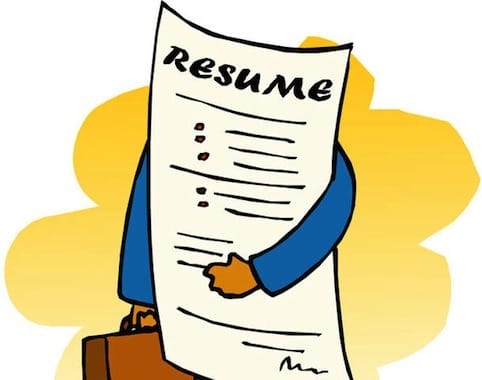People generally recognize that promptly paying your credit card bill and building up your credit score is important because not doing so could jeopardize your ability to obtain a loan or get a mortgage. A financial slip can be a yoke for life.
Its reach can extend beyond the bank. The New York Times reported last week on the practice of businesses buying the credit reports of job applicants before making hiring decisions. People who got in financial troubles years earlier found themselves tarnished for life, as unhireable as someone who had robbed a bank rather than someone who just fell behind on credit card payments.
One man – who had previously struggled financially when he had health problems and no insurance – did not understand why he kept receiving rejections after positive job interviews. Eventually he applied at a store where a friend worked. His friend enlightened him: “Oh, you’ve got bad credit? They’ll never hire you.”
Although we associate credit reports with loan decisions, everyone bringing a credit report to their prospective landlord knows how people assume, as one credit reporting bureau markets its reports, that “Credit information provides insight into an applicant’s integrity and responsibility toward his or her financial obligations.”
Nearly 50% of companies run credit background checks on potential hires, according to one survey. Even if managers don’t believe that a credit report is a great indicator of who will be a good employee, it seems to often be blindly applied as company policy. The two most common reasons for requiring credit report checks is to decrease theft and avoid legal liability for negligent hiring.
A credit report is an easily accessible source of information for employers, a quick complement to reading a resume and speaking to a past employer. But people actively share information about themselves every day online. And that data is being collected, analyzed, and sold by companies for advertising purposes. As we’ve written before, just analyzing public information like Facebook Likes is sufficient to predict most people’s age, gender, personality traits, and a host of other personal information.
What’s to stop employers from also using this information? Marketers want to understand your personality to show you targeted ads, but what if data collection companies created, for example, an Employee Stability Score?
Maybe someone who had an interest in communism and and crypto-anarchism in high school would be considered a risky hire for the rest of his life. Or maybe analysis of what types of personality traits are correlated with tardiness and quitting would tarnish anyone with those traits. Just as with credit scores today, not everyone would be affected. But businesses with monolithic, risk-averse hiring practices might use it.
Data companies do not have the level of detail and accuracy described above. But between search history, emails, Facebook comments, online purchases, and more, that information is in the hands of private companies.
Government regulation and responsible use of our data by private companies can prevent it, but it’s not hard to imagine dystopian applications of our online data being used as hiring criteria. The worst case? A world in which a majority of workers have to carefully prune from their online personalities any hint of a characteristic that conservative corporate businesses may find risky.
This post was written by Alex Mayyasi. Follow him on Twitter here or Google Plus. To get occasional notifications when we write blog posts, sign up for our email list.




